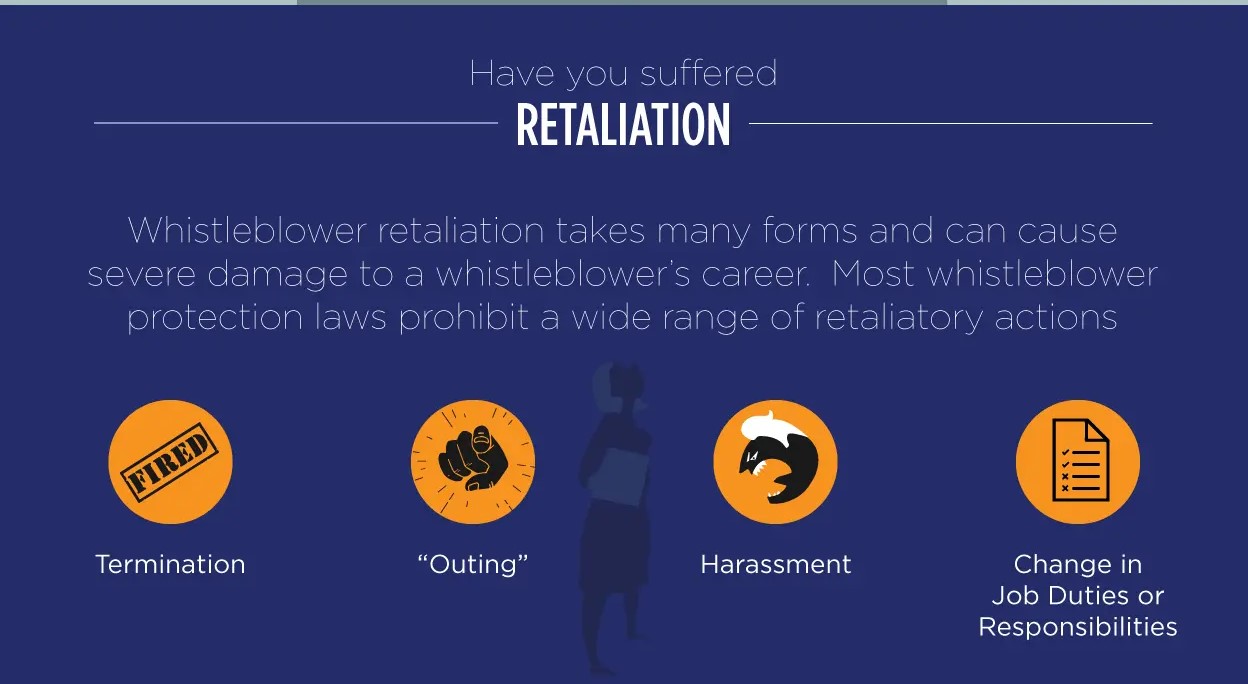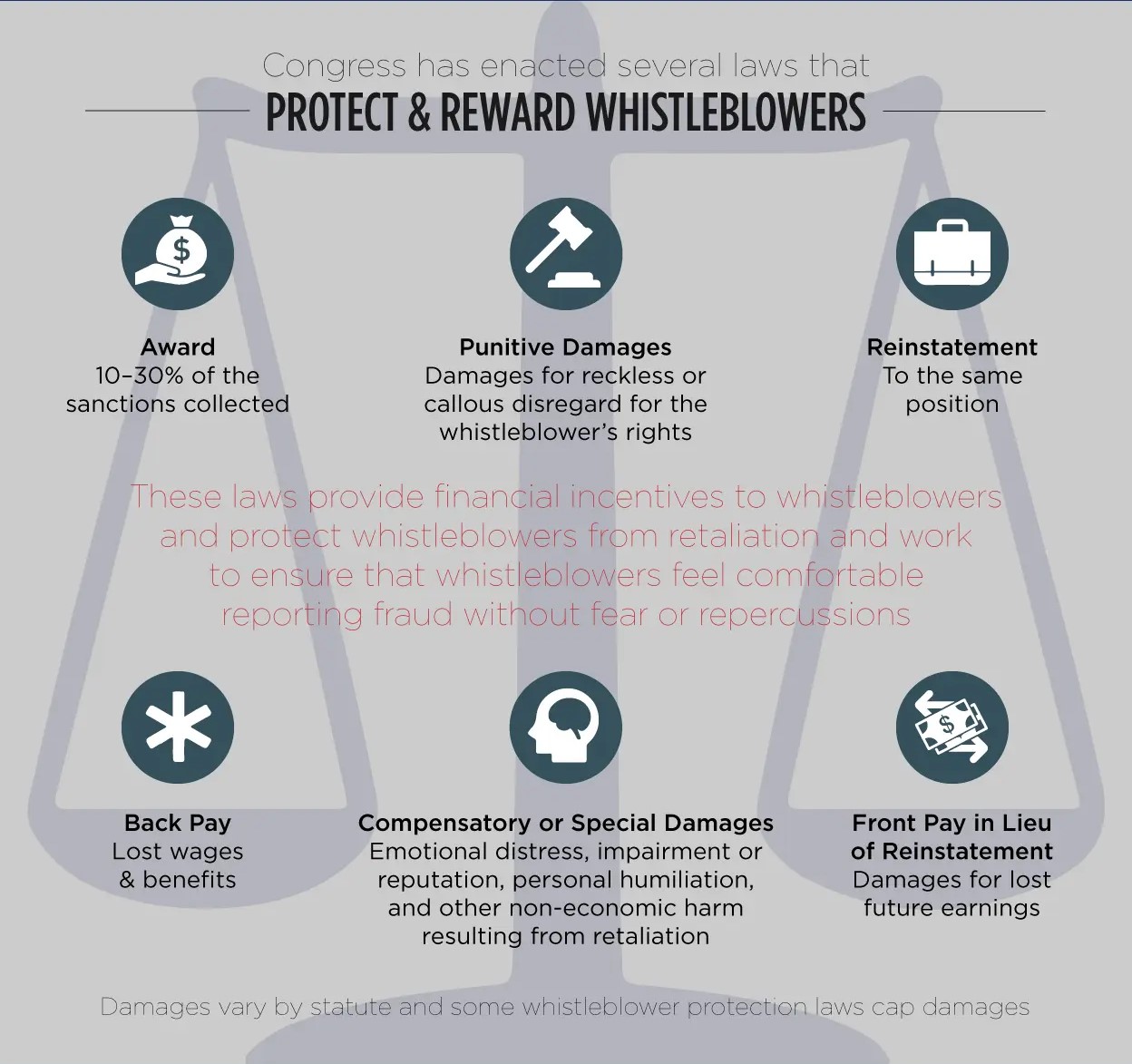Anticipatory Retaliation
Anticipatory retaliation occurs when an employer takes or threatens to take an adverse employment action against an employee in anticipation of the employee reporting wrongdoing, such as fraud or discrimination. An employer anticipatorily retaliates when it takes or threatens to take an adverse employment action in order to dissuade or discourage the employee from engaging in future protected activity.

The Supreme Court has interpreted Title VII’s antiretaliation provision broadly, holding that an employer is prohibited from retaliating against an employee for engaging in protected activity if that retaliation “well might have dissuaded a reasonable worker from making or supporting a charge of discrimination.” Burlington Northern & Santa Fe Ry. Co. v. White, 548 U.S. 53, 68 (2006). Courts have held that anticipatory retaliation may dissuade a reasonable worker from engaging in protected activity and therefore may violate Title VII.
In Lester v. O’Rourke, the court held that where an employer gave its employee a choice between signing a Last Change Agreement (LCA) or losing his job knowing that the employee had previously filed racial discrimination claims against his employer with the EEOC, that constituted anticipatory retaliation. 2018 WL 3141796 (N.D. Ill. June 27, 2018). The LCA required the employee to voluntarily dismiss all of his pending EEO complaints and waive his right to seek relief with the EEOC or in federal court if terminated or disciplined. Id. at 2. The court held that “threatening to fire an employee based upon possible lawsuits against the employer for any future discriminatory conduct” would meet the Supreme Court’s standard of dissuading a reasonable worker from engaging in protected activity. Id. at *4. Because the LCA required the plaintiff to waive his right to file future Title VII claims if he wanted to keep his job, the court held that effectively forcing him to sign the agreement violated Title VII’s antiretaliation provision. Id. at 5.
The Lester court cited other cases where courts have found that anticipatory retaliation violates Title VII. For example, in Beckel v. Wal-Mart Assocs., Inc., the Seventh Circuit held that if an employer were to threaten to fire an employee if the employee were to bring a lawsuit, that would constitute anticipatory retaliation in violation of Title VII. 301 F.3d 621, 624 (7th Cir. 2002). Further, in Sauers v. Salt Lake Cty., the Tenth Circuit found that where the employer feared the plaintiff would file a sexual harassment complaint and then reassigned her because he anticipated her filing, this would constitute anticipatory retaliation. 1 F.3d 1122, 1128 (10th Cir. 1993). The court wrote that “[a]ction taken against an individual in anticipation of that person engaging in protected opposition to discrimination is no less retaliatory than action taken after the fact,” and this sort of anticipatory retaliation violates Title VII. Id.
In interpreting Title VII’s antiretaliation provision more broadly than its anti-discrimination provision, the Supreme Court has held that the antiretaliation provision’s primary purpose is “maintaining unfettered access to Title VII’s remedial mechanisms.” Robinson v. Shell Oil Co., 519 U.S. 337, 338 (1997). Prohibiting anticipatory retaliation is consistent with this purpose. Where an employer retaliates against an employee in anticipation of that employee engaging in protected activity, that employer may well dissuade that employee from engaging in the activity, and therefore that employer may also violate Title VII.


